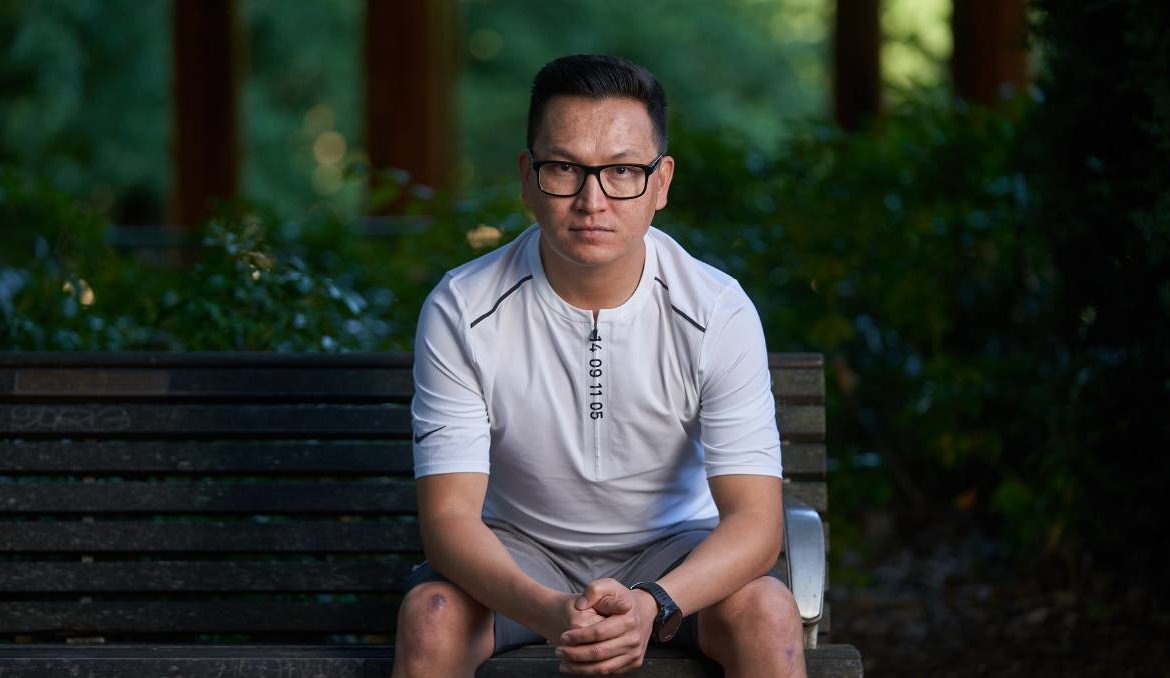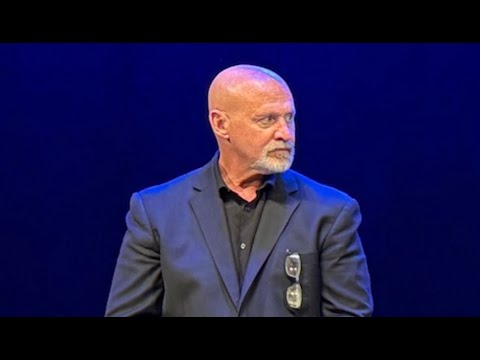news, latest-news,
Zaki Haidari fled war-torn Afghanistan for Australia eight years ago, but says his “future is dark” despite being granted refugee status as he doesn’t know what will happen when his temporary visa expires next year. “Your life is basically temporary so you live on a daily basis. It affects your employment , it affects your mental health, it affects your future,” he said. “I am 25- years-old. I can’t plan my life in five years time, or even next year. My visa runs out next year and I don’t know what will be next for me.” If Mr Haidari’s refugee status is revoked when he reapplies for a visa in September, he will be sent back to Afghanistan. “If they deport me back to Afghanistan I know that my life will end,” he said. “There are thousands of people living in my situation.” The pandemic has heightened concerns for temporary visa holders, with more in need of emergency support as they were excluded from government payments including JobKeeper and JobSeeker. The Red Cross experienced a huge spike in demand for support, with more than 80 per cent of people receiving emergency relief unable to access enough food, and half needed it to keep a roof above their heads. Mr Haidari has been fighting for refugees to be provided permanent protection visas, a plight he says has been heightened by the pandemic. On Saturday he ran The Canberra Times Marathon to raise $15,000 to ensure people like him could access support to navigate a complex legal system. He said assistance in understanding the convoluted system was critical, and could be the difference between obtaining a visa, or not. “If [refugees] don’t know the system or the law and the policies they will be deported back to where they came from, and their life will be in danger,” he said. Refugee Advice and Casework Service solicitor Isobel McGarity said the pandemic had exacerbated concerns for temporary visa holders already living in limbo. Access to lawyers became limited and an already challenging task of finding permanent work became harder, Ms McGarity said. She said many RACS clients were casually employed and lost work when lockdowns were imposed. The temporary nature of their work entitlements made it challenging to gain a permanent job. Ms McGarity and the Red Cross have called for government payments to be extended to temporary visa holders who have been “left behind”. Ms McGarity said the greater issue was ensuring refugees and asylum seekers had permanent protection, to allow them to plan their future. Mr Haidari hasn’t seen his family since he fled Afghanistan as a 17-year-old. Temporary protection has stripped him of that right, he said. “I have been recognised as a refugee by the Australian government … but it’s not something permanent,” he said. “It’s not just applying again and again [for a visa] … it has taken a lot of rights from us, like rights to live with your loved one, the right to travel and see your family whenever you want. “It’s really bad at the moment, when my siblings go out in the morning my Mum doesn’t know if they are going to return in the evening. “It is the same for a lot of other Hazara refugees who are living in Australia, not knowing how long their loved ones will survive.”
/images/transform/v1/crop/frm/fdcx/doc7d6htwjozlicc3jvax9.jpg/r2_153_2998_1846_w1200_h678_fmax.jpg
Zaki Haidari fled war-torn Afghanistan for Australia eight years ago, but says his “future is dark” despite being granted refugee status as he doesn’t know what will happen when his temporary visa expires next year.
“Your life is basically temporary so you live on a daily basis. It affects your employment , it affects your mental health, it affects your future,” he said.
“I am 25- years-old. I can’t plan my life in five years time, or even next year. My visa runs out next year and I don’t know what will be next for me.”
If Mr Haidari’s refugee status is revoked when he reapplies for a visa in September, he will be sent back to Afghanistan.
“If they deport me back to Afghanistan I know that my life will end,” he said.
“There are thousands of people living in my situation.”
The pandemic has heightened concerns for temporary visa holders, with more in need of emergency support as they were excluded from government payments including JobKeeper and JobSeeker.
The Red Cross experienced a huge spike in demand for support, with more than 80 per cent of people receiving emergency relief unable to access enough food, and half needed it to keep a roof above their heads.
Mr Haidari has been fighting for refugees to be provided permanent protection visas, a plight he says has been heightened by the pandemic.
On Saturday he ran The Canberra Times Marathon to raise $15,000 to ensure people like him could access support to navigate a complex legal system.
He said assistance in understanding the convoluted system was critical, and could be the difference between obtaining a visa, or not.
“If [refugees] don’t know the system or the law and the policies they will be deported back to where they came from, and their life will be in danger,” he said.
Refugee Advice and Casework Service solicitor Isobel McGarity said the pandemic had exacerbated concerns for temporary visa holders already living in limbo.
Access to lawyers became limited and an already challenging task of finding permanent work became harder, Ms McGarity said.
She said many RACS clients were casually employed and lost work when lockdowns were imposed. The temporary nature of their work entitlements made it challenging to gain a permanent job.
Ms McGarity and the Red Cross have called for government payments to be extended to temporary visa holders who have been “left behind”.
Ms McGarity said the greater issue was ensuring refugees and asylum seekers had permanent protection, to allow them to plan their future.
Refugee and marathon runner, Zaki Haidari is running to raise funds for refugees to access free legal services. Picture: Matt Loxton
Mr Haidari hasn’t seen his family since he fled Afghanistan as a 17-year-old. Temporary protection has stripped him of that right, he said.
“I have been recognised as a refugee by the Australian government … but it’s not something permanent,” he said.
“It’s not just applying again and again [for a visa] … it has taken a lot of rights from us, like rights to live with your loved one, the right to travel and see your family whenever you want.
“It’s really bad at the moment, when my siblings go out in the morning my Mum doesn’t know if they are going to return in the evening.
“It is the same for a lot of other Hazara refugees who are living in Australia, not knowing how long their loved ones will survive.”







